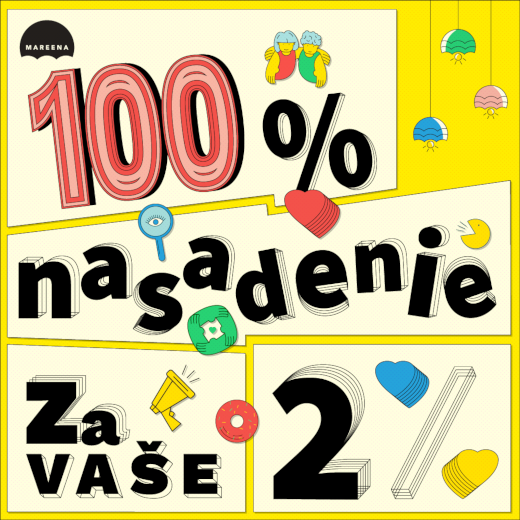
About project
In September 2019, together with our partners from the Czech Republic (Be International), Hungary (Kalunba) and Austria (Global 2000), we launched an international project Unity in Community, supported by the programme Erasmus + of the European Union (KA2: Strategic partnerships).
The aim of this two-year project is to create educational tools for individuals and organisations who strive to increase engagement of the locals and foreigners in community projects, to increase their mutual understanding and to create conditions for more inclusive and sustainable community actions.


Have a look on the video summarising the main ideas of our project methodology and the process of conducting community projects.

In our project activities, we focused on mapping the needs of the local communities in four partner cities, on designing and realisation of trainings, creation of a mentoring methodology and a practical handbook for inclusive community actions. These materials offer a practical guide to strengthen capacities of community leaders, who are interested in inclusive and sustainable approaches in the community work, particularly with migrants.
The project outputs are available for organisations working on adult education, NGOs working on issues of inclusion and sustainability, as well as for individuals, who care about active citizenship and would like to contribute to development of their community.
As part of our project, we organised pilot community projects in every partner organisation as well as multiplier events, where we could share the outputs of our project to the wider audience and partner organisations.



Downloads
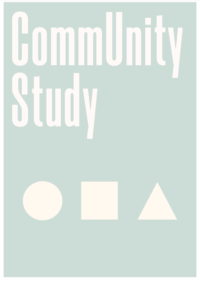
Research Study
The first output of our project was the research study mapping the dynamics of the community life in four cities: Bratislava, Brno, Vienna, and Budapest. Its aim was to understand how people perceive their neighbourhoods and relationships with their neighbours and to define main motivations and barriers to community involvement. The perspective of 79 locals and foreigners on community engagement can be a useful tool for community leaders, who would like to organise community activities or inclusive events in their cities.
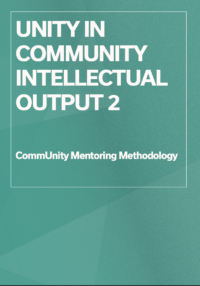
The mentoring methodology
The mentoring methodology is designed to help community leaders increase their knowledge on engaging and empowering others to shape their communities in an inclusive and sustainable way. It is based on participatory methods and explorative approach and uses the Sustainable Development Goals and the Active Citizens approach to bring global perspectives on local social, economic and environmental challenges.
The activities reflect the bottom-up approach starting with the creation of the common ground in the group, through mapping community needs to developing project ideas that address identified challenges. Activities include tips for managing the group work process as well as evaluation and communication of the project.
Blog: Mentoring methodology for trainers interested in community work and sustainable development
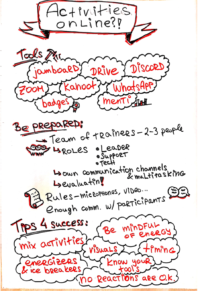
Capacity Building Training
To develop skills and capacities of the multipliers (leaders of migrant and non-migrant background, adult educators, social workers) the project partners designed and conducted the Capacity Building Training entitled “Developing sustainable community projects”.
It was organised online in November 2020 and was attended by 16 participants, who could learn about the project cycle management, principles of the sustainable development and the inclusive leadership in community work.
The design of the training can be useful for other NGOs wishing to prepare a training for multipliers, especially in the online format.
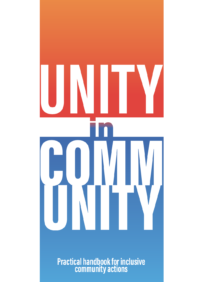
Project Handbook
The practical handbook for inclusive community actions offers the learning material and step-by-step instructions for planning, conducting, and evaluating community projects, while focusing on inclusive and sustainable participation and social engagement in communities.
The Handbook summarises the results of the qualitative study on the concept of neighborhood and community engagement. It includes the methodology developed for organising local community projects and the presentation of good practices implemented throughout the project. As an example, the capacity building training for community organizers is described.
The Handbook is devoted to organizations working in the field of community projects, community leaders and organizers, social workers, adult educators, and to anyone who would like to enhance social change and become actively engaged in their community.
